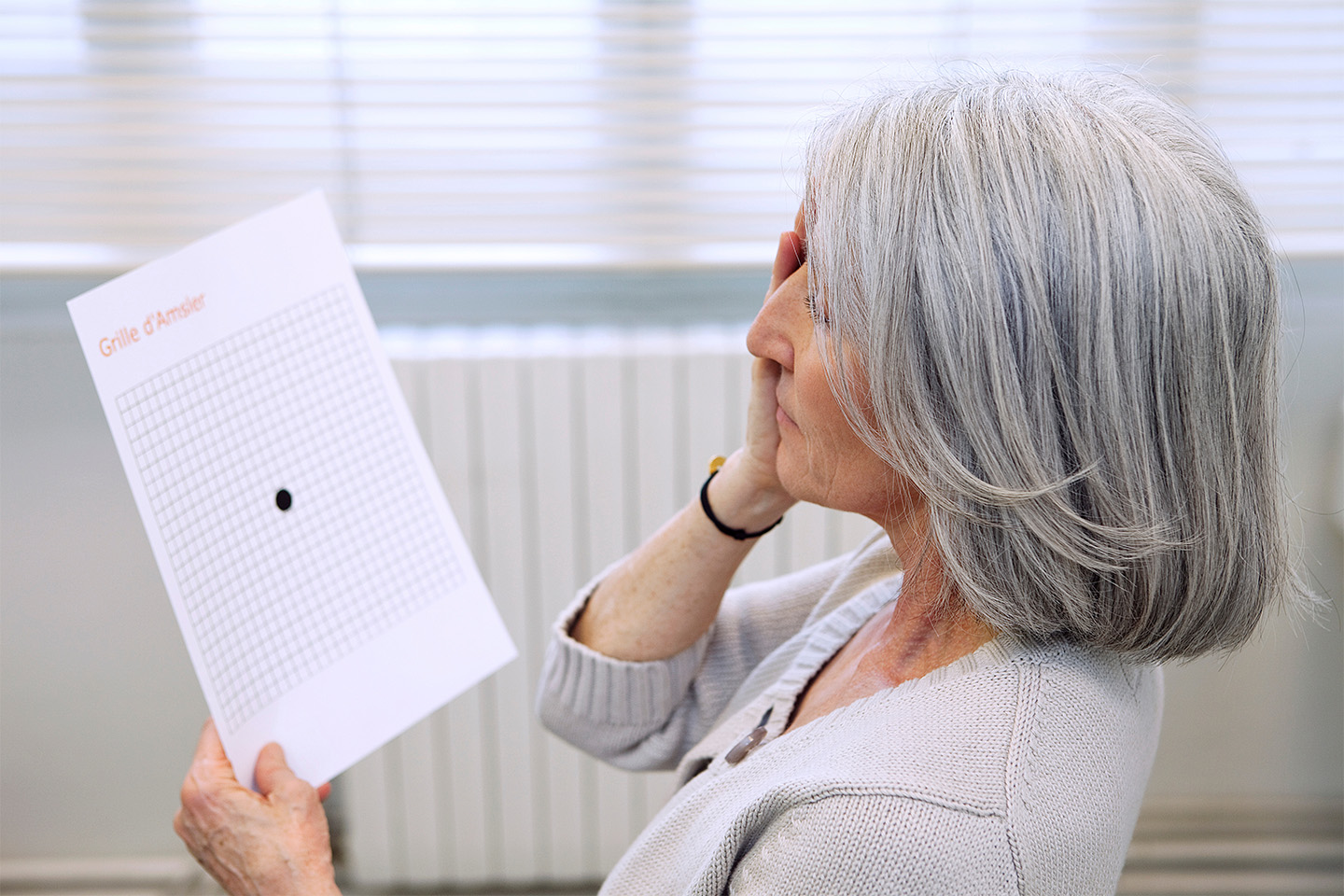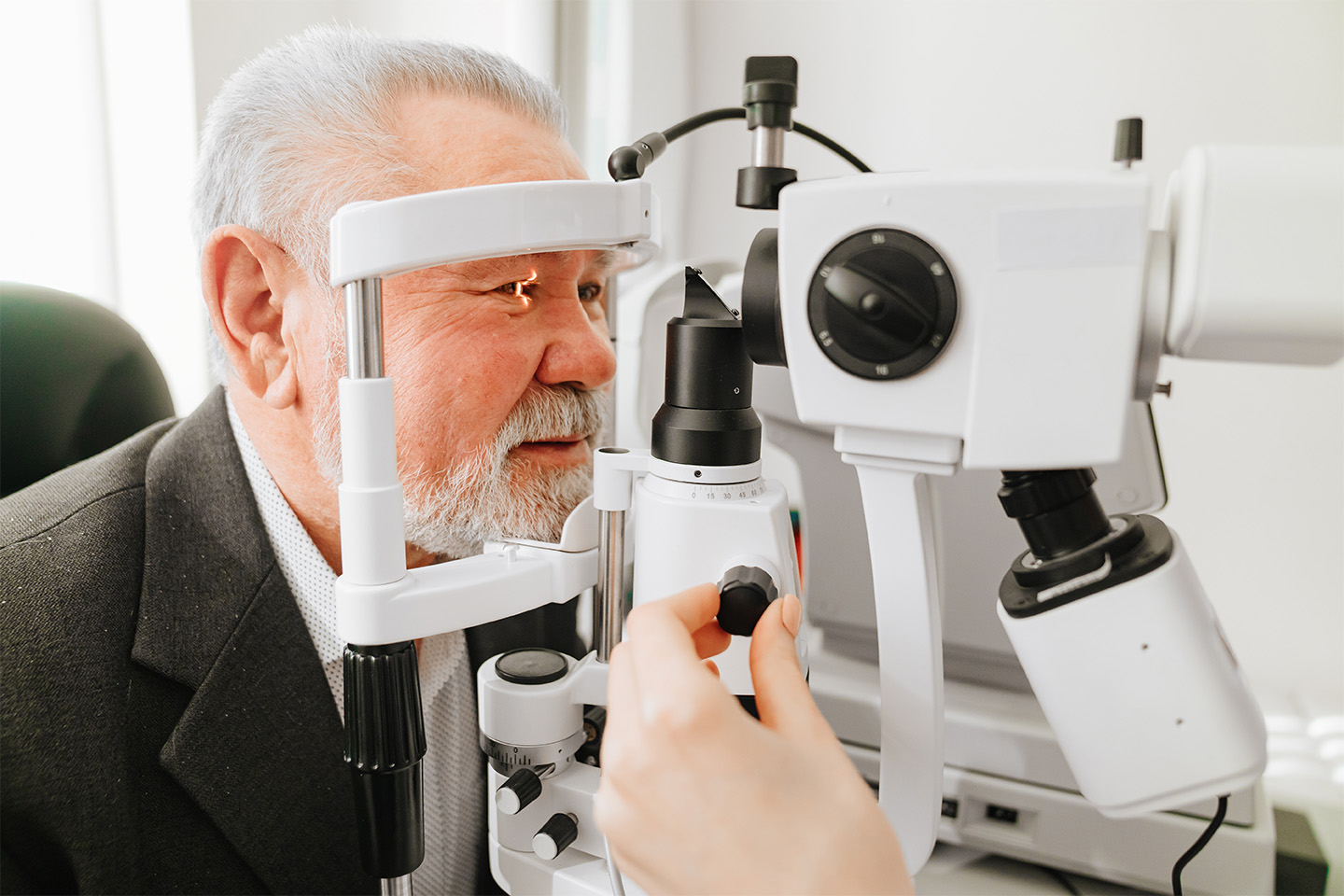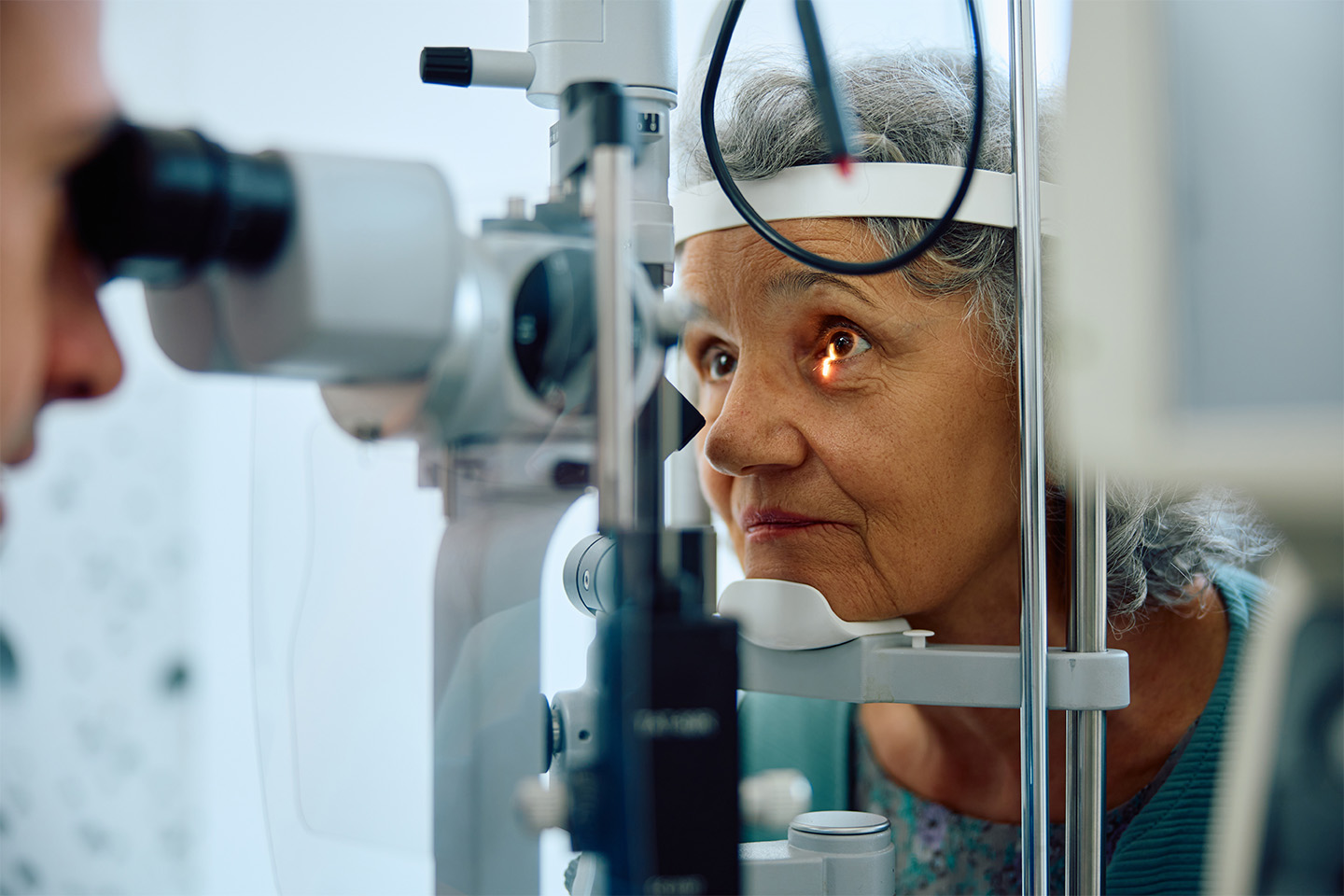Early Warning Signs of Diabetic Retinopathy

Signs of increasing diabetic retinopathy risk begin slowly. By the time patients experience vision problems from diabetes, most have gone through diagnosis, problematic blood glucose self-test results and hemoglobin A1C values, and small blood vessel issues in their retinas that only their eye doctor can see during routine diabetic eye exams. For diabetes patients, there’s always a chance to take action to control your condition and seek proper eye treatment from our leading eye doctors in the Front Range.
What is Diabetic Retinopathy?
One complication of diabetes is the effect on the tiny blood vessels in your retina, the area at the back of your eye that receives images. The first stage of diabetic retinopathy can appear as slight bulges there, or microaneurysms. You probably won’t notice any vision problems, but your eye doctor can identify the blood vessel changes during your annual exam. Diabetic retinopathy develops from these early stages to affect the retina more severely over time.
Spots, Floaters, and Blurry Vision
What you may also see early in the development of diabetic retinopathy is spots, lines, and blurry areas in your vision that are shadows from irregular blood vessel growth in the retina. They’re often called “floaters,” and can be normal, especially as we age, but a sudden increase in their number is cause for a visit to our eye doctors in the Front Range.
The Future Depends on Your Eyecare
Eventually, the blood vessels in the retina may swell more, causing problems with the macula that affect vision, and blocking eye drainage leading to glaucoma. The thing to remember about diabetic eye complications is that very few people these days go blind from diabetes, less than 5%, and there are many treatments available for each stage of diabetic retinopathy and other related eye conditions.
High and Low Blood Sugar Can Affect Your Vision
High blood sugar can affect the shape of your eye’s lens, affecting the sharpness of your vision over time. It is also a factor in the development of diabetic retinopathy, macular edema, even cataracts and glaucoma. Low blood sugar affects the way the brain is involved with your vision resulting in blurriness and double vision, though restoring normal blood sugar helps quickly. Swings in blood sugar levels can worsen eye conditions such as diabetic retinopathy, so keeping on target helps now, and pays off in the long term.
Expert Care for Your Diabetic’s Eyes, Including Careful Checkups and Specialist Treatment
ICON Eyecare has experienced eye doctors in the Denver metro area and beyond, providing the thorough annual exams that are critical for diabetic patients so they can catch complications early. Our specialists can help with diabetic retinopathy and many other conditions, while our vision correction surgeons offer ways to get the most out of your vision including cataract and LASIK surgery in the Denver metro area, and other specialized vision correction surgery techniques. Whether your goal is to see more accurately or get preventive eyecare and disease treatment that you need, we’re ready to welcome you to our clinic and get to know you. Give us a call.









